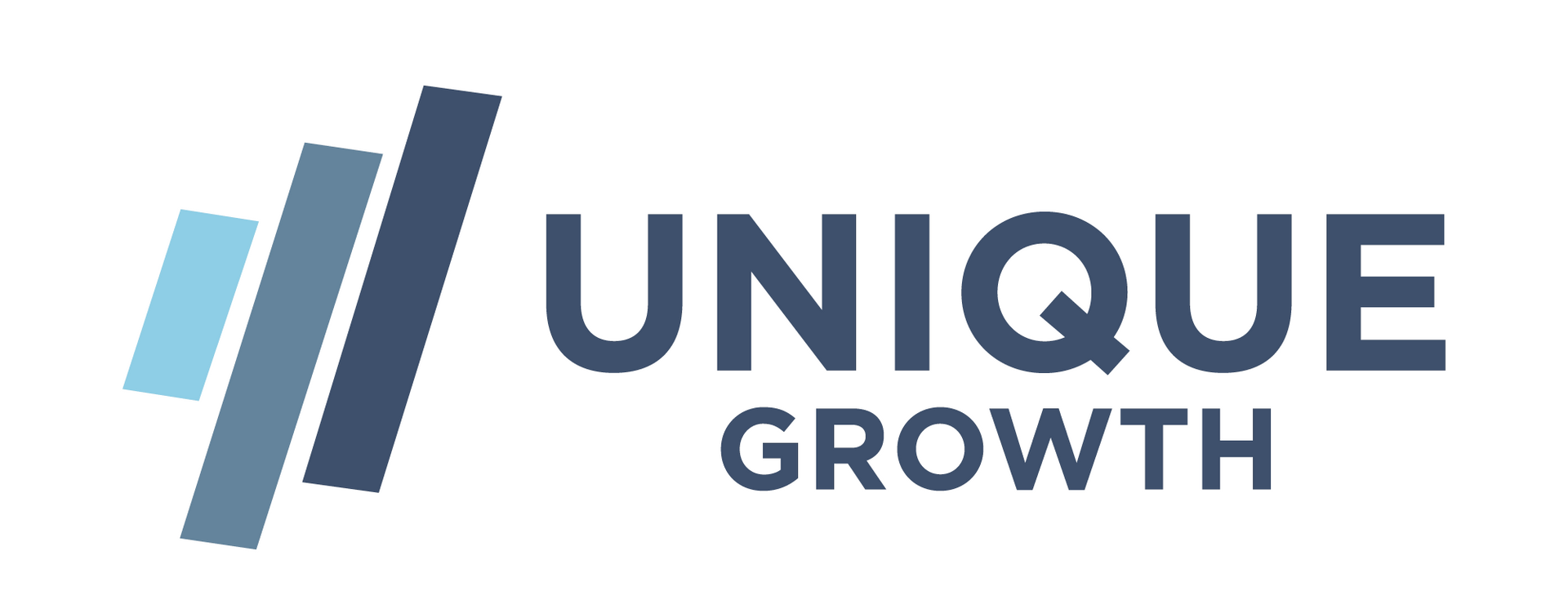Wealth Building 101: The Essential Role of Financial Education
In an increasingly complex financial landscape, personal wealth building requires more than just saving a portion of your income. It necessitates a solid understanding of financial principles and strategies that can help you grow your wealth over time. Financial education plays a critical role in equipping individuals with the knowledge and skills needed to make informed decisions about their money. This article explores the importance of financial education and provides practical strategies to leverage financial tools, such as the cash value in insurance policies, to enhance personal wealth building.
The Importance of Financial Education
Financial education is the foundation upon which personal wealth is built. It encompasses a wide range of topics, including budgeting, saving, investing, and understanding financial products. A solid financial education helps individuals make informed decisions, avoid common financial pitfalls, and effectively manage their finances to achieve long-term goals.
Empowering Financial Decision-Making
With a good grasp of financial concepts, individuals can make better decisions regarding their money. Financial education empowers people to:
- Budget Effectively: Understanding how to create and stick to a budget helps in managing day-to-day expenses and saving for future goals.
- Invest Wisely: Knowledge of different investment options and their associated risks allows individuals to build a diversified portfolio that aligns with their financial objectives.
- Plan for Retirement: Financial education provides insights into retirement planning, ensuring that individuals are well-prepared for their future.
Avoiding Financial Pitfalls
Lack of financial literacy can lead to costly mistakes, such as taking on too much debt, falling victim to financial scams, or making poor investment choices. By educating themselves, individuals can:
- Identify and Avoid High-Cost Debt: Understanding interest rates and loan terms helps in avoiding high-interest debt and managing credit responsibly.
- Recognize and Steer Clear of Scams: Knowledge of common financial scams and warning signs can protect individuals from fraudulent schemes.
- Make Informed Investment Choices: A solid understanding of financial markets and investment products reduces the likelihood of poor investment decisions.
Leveraging Insurance Policies for Wealth Building
One of the often-overlooked tools in wealth building is the cash value in life insurance policies. Many types of life insurance, such as whole life and universal life, accumulate cash value over time. This cash value can be a powerful asset for building personal wealth if used wisely.
Understanding Cash Value in Insurance Policies
Cash value is a portion of your life insurance policy that grows over time, earning interest or investment returns. This growth can provide a financial resource that you can tap into during your lifetime. The key benefits of the cash value in insurance policies include:
- Tax-Deferred Growth: The cash value grows on a tax-deferred basis, meaning you don’t pay taxes on the gains as long as they remain in the policy.
- Financial Flexibility: You can access the cash value through loans or withdrawals, providing liquidity for various financial needs.
Strategies for Using Cash Value
Here are some strategies to effectively leverage the cash value in your insurance policy to enhance your personal wealth:
- Policy Loans: You can borrow against the cash value of your policy, typically at lower interest rates compared to other types of loans. This can provide a source of emergency funds or be used to finance investment opportunities without selling assets.
- Withdrawals: Partial withdrawals from the cash value can be used to cover expenses or invest in other opportunities. However, it's essential to understand the implications for your policy’s death benefit and potential taxes.
- Investment Options: Some policies offer the ability to invest the cash value in various financial instruments, potentially yielding higher returns. This can be an effective way to grow your wealth if you are comfortable with the associated risks.
Maximizing the Benefits
To maximize the benefits of your policy’s cash value, consider the following tips:
- Regular Reviews: Periodically review your policy and its performance with a financial advisor to ensure it aligns with your financial goals.
- Understand the Terms: Be fully aware of the terms and conditions related to accessing your cash value to avoid unexpected costs or penalties.
- Consult Professionals: Work with a financial advisor to create a strategy that makes the most of your policy’s cash value while maintaining your overall financial plan.
Conclusion
Financial education is an essential component of personal wealth building. It equips individuals with the knowledge and tools needed to make informed decisions and effectively manage their finances. By understanding and leveraging the cash value in life insurance policies, individuals can enhance their financial flexibility and build a robust wealth portfolio.
At Unique Growth, we specialize in helping individuals and small businesses navigate the complexities of financial planning. Our expertise in financial education and advisory services can help you unlock the full potential of your insurance policies and other financial tools to achieve your wealth-building goals.
Ready to take control of your financial future? Visit www.uniquegrowth.org to learn more about how we can assist you in building and managing your wealth.
Key Takeaways
- Financial education empowers better financial decisions and helps avoid costly mistakes.
- Cash value in life insurance policies can be a valuable asset for wealth building.
- Strategies such as policy loans and withdrawals provide financial flexibility.
- Regularly review your policy with a professional to maximize its benefits.










